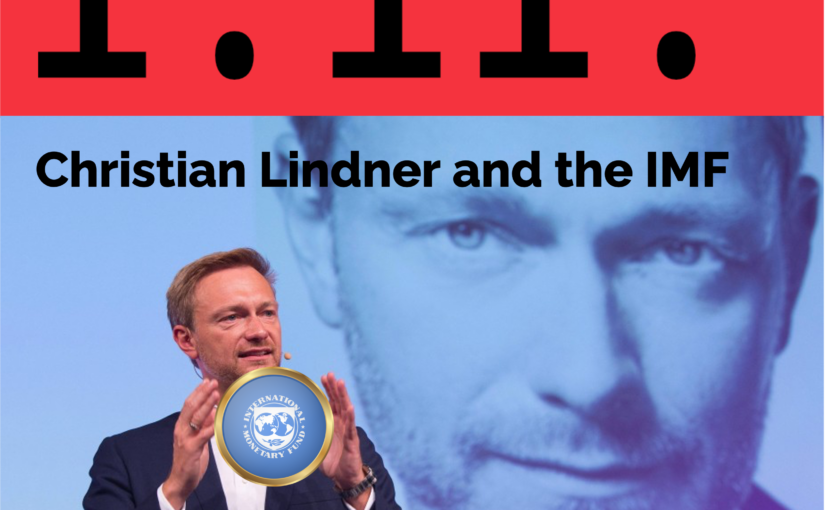Christian Lindner is Germany’s vice governor in the International Monetary Fund (IMF) and as such holds an uproportionate strong voting power within the organisation. Between 2015 (signing of the Paris Agreement) and 2021 alone, the IMF endorsed or directly supported the expansion of fossil fuel infrastructure in 105 countries. In Mozambique for example, the IMF has been pushing large-scale coal and gas investments since 2015. As part of its loan program, the IMF provides countries with technical assistance. In this context, IMF policy reforms supported new tax policies directly subsidising coal and gas, facilitated public financing for large gas projects, and supported public investment into fossil fuel infrastructure in Mozambique.
Christian Lindner ist Deutschlands Vizegouverneur im Internationalen Währungsfonds (IWF) und verfügt als solcher über ein überproportionales Stimmrecht innerhalb der Organisation. Allein zwischen 2015 (Unterzeichnung des Pariser Abkommens) und 2021 hat der IWF den Ausbau der Infrastruktur für fossile Brennstoffe in 105 Ländern befürwortet oder direkt unterstützt. In Mosambik beispielsweise forciert der IWF seit 2015 groß angelegte Investitionen in Kohle und Gas. Als Teil seines Kreditprogramms bietet der IWF den Ländern technische Hilfe an. In diesem Zusammenhang untertützten die politischen Reformen des IWF eine neue Steuerpolitik mit direkten Subventionen für Kohle und Gas, erleichterten die öffentliche Finanzierung großer Gasprojekte und förderten öffentliche Investitionen in die Infrastruktur für fossile Brennstoffe in Mosambik.
Christian Lindner es el vicegobernador de Alemania en el Fondo Monetario Internacional (FMI) y así tiene un poder de voto desproporcionadamente fuerte dentro de la organización. Solo entre 2015 (firma del Acuerdo de París) y 2021, el FMI respaldó o apoyó directamente la expansión de las infraestructuras de combustibles fósiles en 105 países. En Mozambique, por ejemplo, el FMI lleva impulsando grandes inversiones en carbón y gas desde 2015. Como parte de su programa de préstamos, el FMI proporciona a los países asistencia técnica. En este contexto, las reformas políticas del FMI apoyaron nuevas políticas fiscales que subvencionaban directamente el carbón y el gas, facilitaron la financiación pública de grandes proyectos de gas y respaldaron la inversión pública en infraestructuras de combustibles fósiles en Mozambique.
sources:
https://www.actionaidusa.org/wp-content/uploads/2021/08/IMF-x-climate-FINAL-1.pdf
